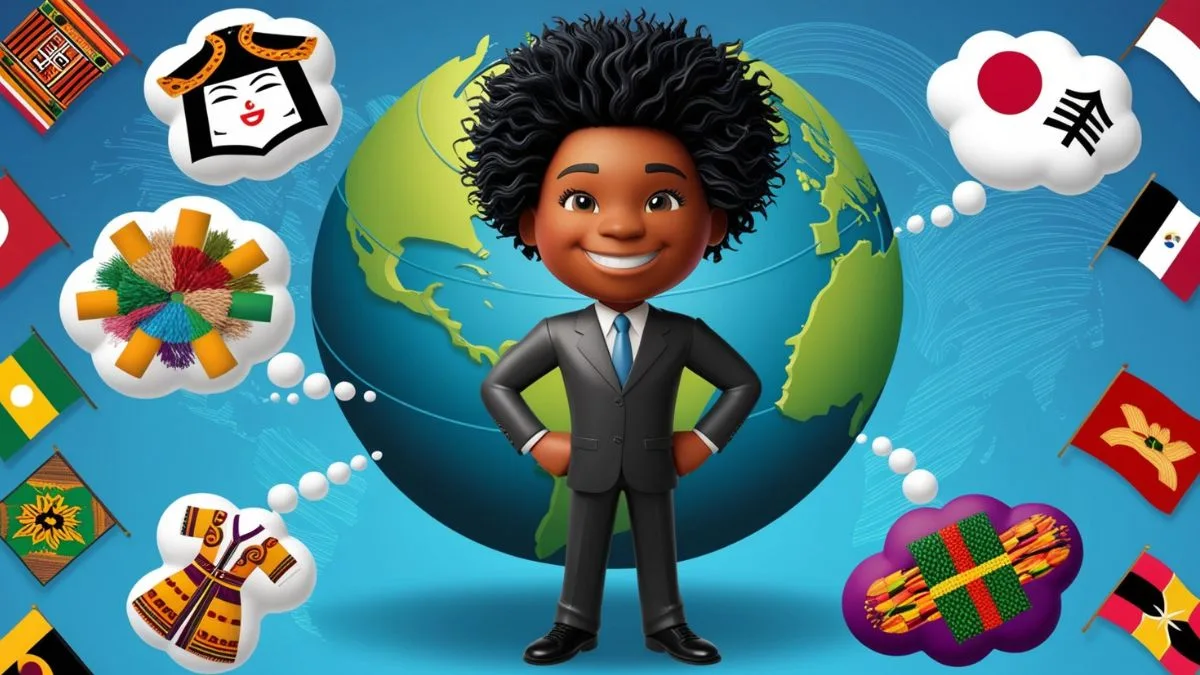
Traveling the world is an enriching experience, but it’s crucial to be mindful of the cultures you encounter. Understanding and respecting local customs can enhance your travel experience and foster meaningful connections with the people you meet.
Greetings and Gestures: Breaking the Ice
The way you greet someone can vary significantly across cultures. A simple handshake in one country might be considered too informal in another. Research common greetings and gestures to avoid misunderstandings.
- Learn basic phrases: Even a few words in the local language can go a long way in showing respect.
- Observe and adapt: Pay attention to how locals interact with each other and adjust your behavior accordingly.
- Be mindful of gestures: Some gestures that are common in your culture might be considered offensive elsewhere.
Dress Code: Blending In and Showing Respect
Dress codes can vary greatly depending on the country and the occasion.
- Research local dress codes: Find out what is considered appropriate attire for different settings, such as religious sites, formal events, and casual outings.
- Dress modestly when visiting religious sites: Cover your shoulders and knees, and remove your hat as a sign of respect.
- Consider the climate: Pack clothing that is suitable for the weather and climate of your destination.
Dining Etiquette: Navigating Local Customs
Dining etiquette can be a minefield for travelers. Understanding local customs can help you avoid awkward situations and make a positive impression.
- Learn about table manners: Research how to use chopsticks, how to eat with your hands, and other dining etiquette rules.
- Be mindful of food preferences and restrictions: Be aware of any dietary restrictions or cultural taboos related to food.
- Appreciate the local cuisine: Be open to trying new foods and savor the flavors of your destination.
Respecting Local Customs and Traditions
Every culture has its own unique set of customs and traditions. Showing respect for these customs is essential for a positive travel experience.
- Learn about local holidays and festivals: If possible, try to time your trip to coincide with a local celebration.
- Respect religious sites and practices: Avoid visiting religious sites during prayer times or engaging in disrespectful behavior.
- Support local businesses: Choose locally owned restaurants, shops, and accommodations whenever possible.
The Importance of Cultural Sensitivity
Cultural sensitivity is about being aware of and respectful of cultural differences. It’s about recognizing that not everyone shares the same values, beliefs, and customs.
- Be open-minded and curious: Embrace the opportunity to learn about new cultures and broaden your horizons.
- Be patient and understanding: Not everyone will understand or appreciate your culture, and that’s okay.
- Be a responsible traveler: Minimize your environmental impact and respect the local environment.
By understanding and respecting cultural etiquette, you can enhance your travel experience, build meaningful connections with locals, and become a more responsible and respectful global citizen. So, before you embark on your next adventure, take the time to research the cultural etiquette of your destination and prepare yourself for a culturally enriching journey.